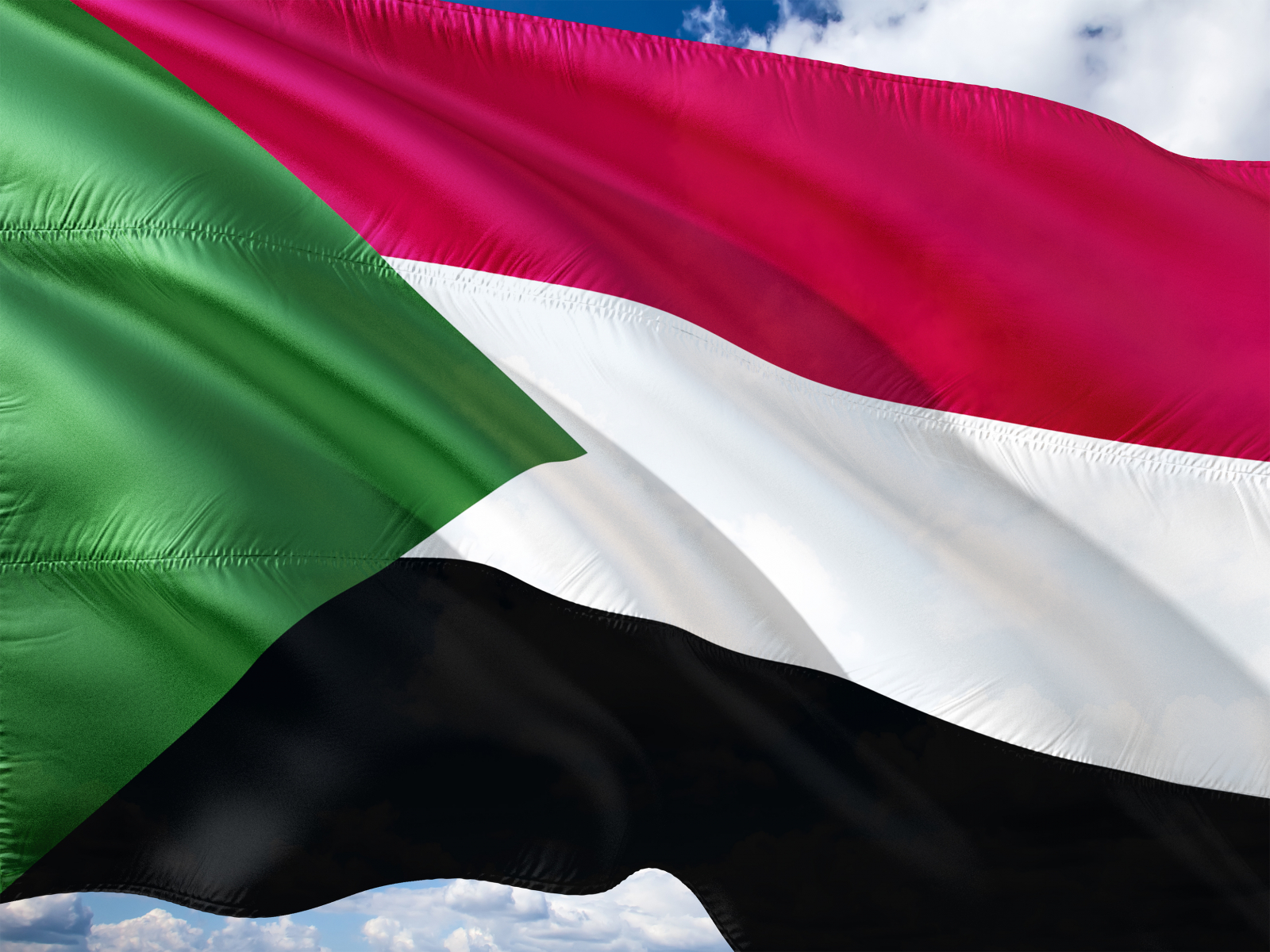
SHARE
On October 25, 2021, the Sudanese military took over government institutions and arrested the civilian prime minister, upending the tenuous transitional agreement that had been in place since the overthrow of former president Omar al-Bashir in 2019. The military’s takeover has spurred widespread popular protests on a near-weekly basis calling for civilian rule, which have been met by heavy-handed repression by security forces. Political negotiations brokered by international actors have made little headway in breaking through the current impasse, and tensions remain high as Sudanese military, political, and civilian actors attempt to further their diverging visions for the country’s future.
In early 2022, after months of political upheaval, three women lawyers and co-founders of SAS Legal Center came together to help Sudanese stakeholders with diverse visions on the way forward in Sudan to identify points of consensus. These women, who have a long history of civic engagement in their communities, saw an opportunity to use their legal expertise to constructively engage stakeholders and build consensus on key issues regarding the country’s political transition. With funding and logistical support from the National Democratic Institute (NDI), the legal experts of SAS Legal Center conducted an analysis of 15 political charters and proposals published by Sudanese civil society organizations (CSOs), academic entities, political parties, and resistance committees (loosely-organized grassroots networks organized at the neighborhood level that are largely comprised of youth). These charters lay out the various groups’ visions for the future of Sudan and provide proposals for resolving the current crisis. Taking a strictly neutral position, SAS Legal Center’s analysis identified areas of overlap between the disparate proposals, while also assessing their compatibility with existing legal frameworks. Following completion of the analysis, SAS Legal Center convened more than 65 representatives of CSOs, political parties, academia, and resistance committees in a series of workshops in June 2022 to share the findings, discuss the areas of consensus, and develop recommendations to inform a common vision for the transitional period.
While the volatility and high stakes of the political context have perpetuated tensions and polarization across Sudanese society, by maintaining a neutral stance and framing the conversation around areas of consensus and legal considerations, SAS Legal Center fostered a constructive and peaceful environment for dialogue without pushing any one agenda. As one participant from a political party noted, “I was very suspicious in the beginning. I was sure that the organizers would push in one direction, to be in favor of one specific initiative. I was pleasantly surprised to see the professionalism displayed in the discussions using this impartial legal approach.” By bringing together diverse groups, including a large number of representatives from resistance committees, the workshops also served as an important venue for positive, intergenerational dialogue around the transition. The resistance committees have often been suspicious of engaging with traditional political parties, which are often dominated by older generations and who resistance committee members may view as being overly conservative or complicit with the previous regime. However, the workshops facilitated by SAS Legal Center helped to illuminate areas of common ground. One youth leader summed it up well: “We were a little hostile about sitting down with those political parties. But after the discussions, we realized that we are all Sudanese and all generations and communities have to work together, to protect our country.”
The intensive discussions facilitated by SAS Legal Center generated recommendations in seven key areas of consensus, including the need to re-draft a transitional constitution, the makeup of a transitional legislative council, and the structure of a federal government, among others. In the coming months, SAS Legal Center and the participants hope to continue meeting and develop a coalition and secretariat to advocate for these recommendations. While political negotiations continue to resolve the current impasse and tensions remain high in the country, the approach by SAS Legal Center offers a useful model for fostering constructive, inclusive dialogue to advance a common vision for Sudan’s transition.
NDI’s engagement in Sudan is implemented with support from the United States Agency for International Development (USAID).
Authors: Christina Murphy, Program Manager, Southern and East Africa; Samia Mahgoub, Senior Resident Country Director, Sudan
###
NDI is a non-profit, non-partisan, non-governmental organization that works in partnership around the world to strengthen and safeguard democratic institutions, processes, norms and values to secure a better quality of life for all. NDI envisions a world where democracy and freedom prevail, with dignity for all.




